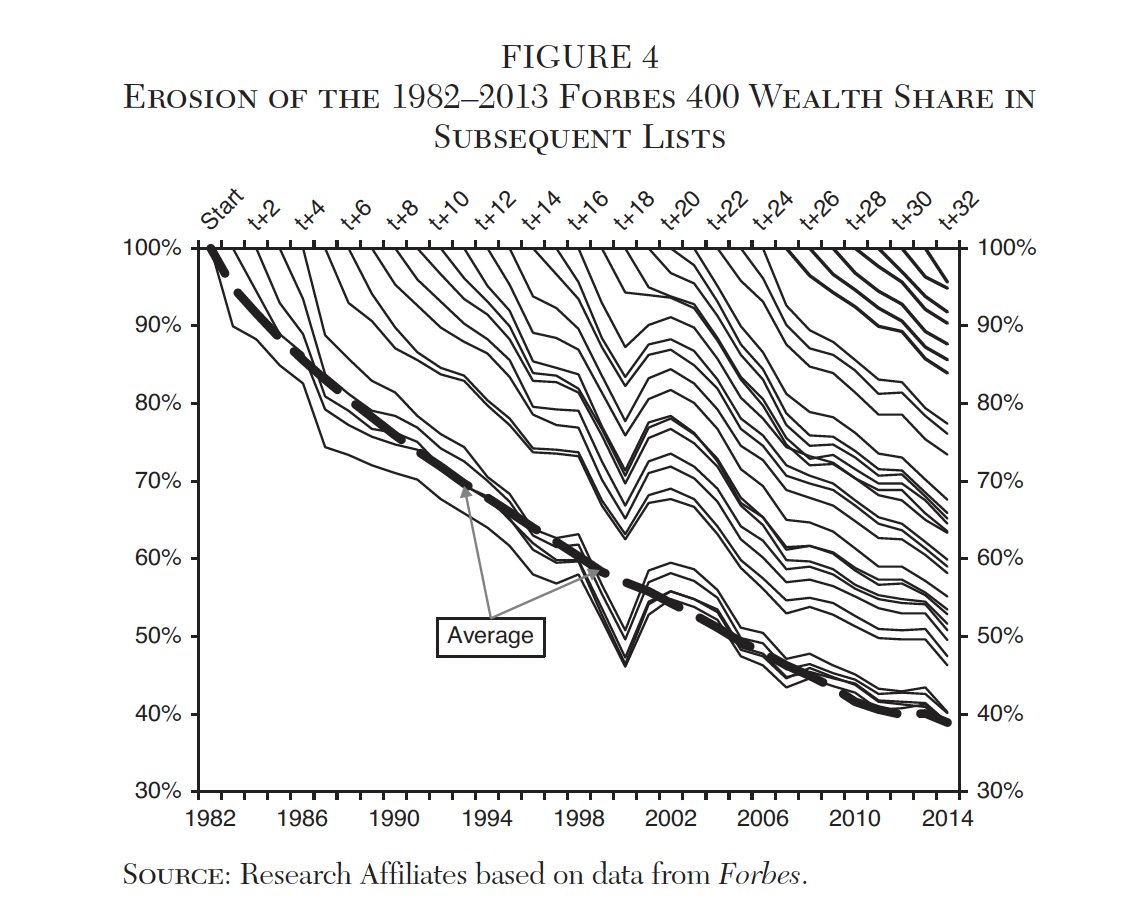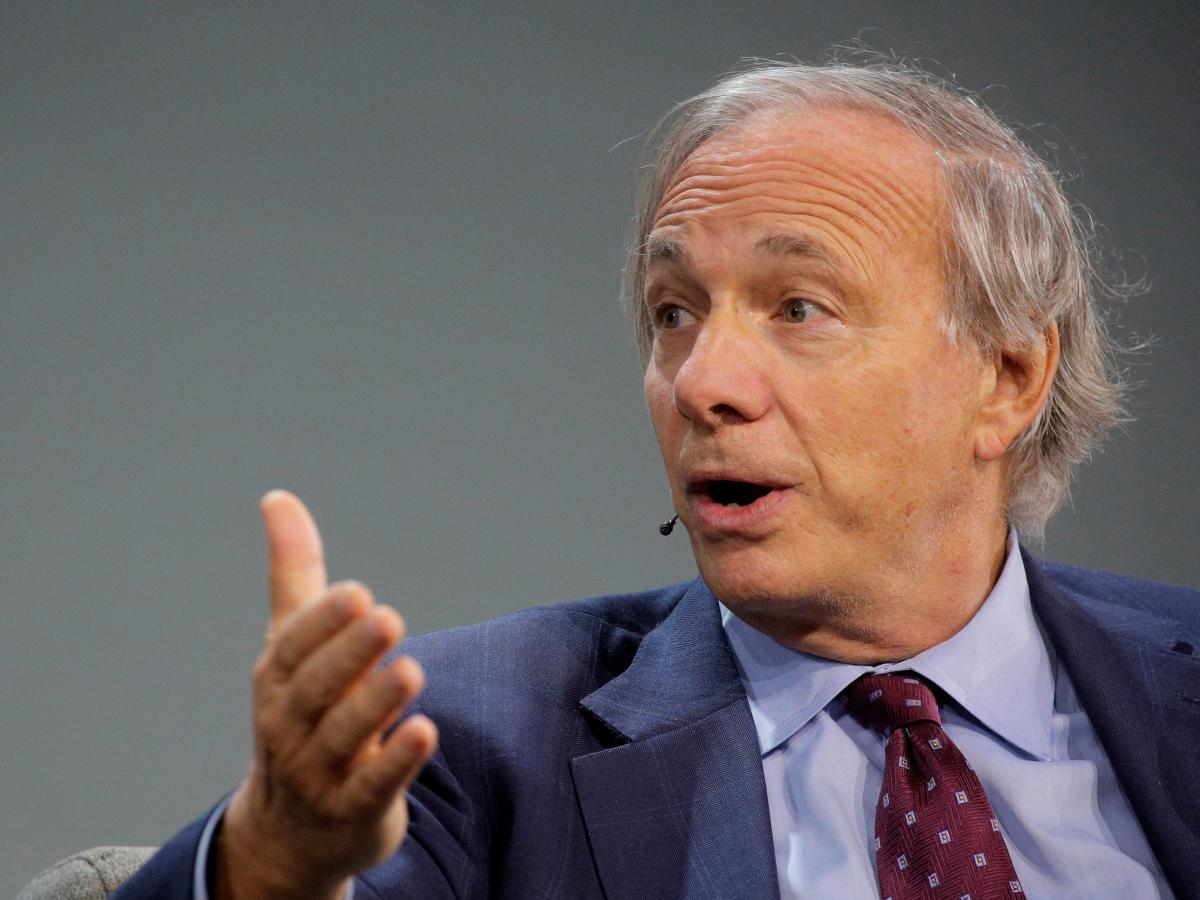-
Three market experts have cited concern that growing US debt will send interest rates up.
-
Ray Dalio and Bill Gross both pointed out a supply-demand imbalance that will keep fueling borrowing costs.
-
US debt supply will only grow, as a recession would expand the federal deficit, Jeffrey Gundlach added.
US debt is ballooning, and leading market experts are raising red flags with more red ink on the way and a potential recession looming.
The warnings come as federal deficits have exploded in recent years, sharply elevating the trajectory of US debt. The Treasury Department has already auctioned $1 trillion in bonds just within this quarter. Meanwhile, borrowing costs have soared in the last year and a half as the Federal Reserve embarked on an aggressive tightening campaign.
Over the past week, Wall Street giants Ray Dalio, Bill Gross, and Jeffrey Gundlach have weighed in:
Ray Dalio
The Bridgewater Associates founder said he won’t invest in bonds and instead touted cash as good, for now.
Speaking at the Milken Institute Asia Summit in Singapore, Dalio explained that a swelling fiscal deficit is forcing the Treasury Department to keep issuing bonds.
But the surge in supply of fresh US debt isn’t the only issue. If investors aren’t receiving a high enough real interest rate, they will sell their bonds, he warned.
“The supply-demand [imbalance] isn’t just the amount of new bonds. It’s the issue of ‘do you choose to sell the bonds?’ I personally believe that the bonds longer term are not a good investment,” Dalio said during Thursday’s event.
Though interest rate gains would help drive demand for bonds, they make debt servicing more costly.
“When the interest rates go up, the central bank then has to make a choice: Do they let them go up and have the consequences of that, or do they then print money and buy those bonds? And that has inflationary consequences,” Dalio said. “So, we’re seeing that dynamic happen now.”
Bill Gross
The “bond king” who drove Pimco’s fixed-income success had similar apprehensions about the debt market.
In an interview with Bloomberg’s Odd Lots podcast, he noted that a third of US outstanding debt is set to mature in under a year. To ensure that the Treasury can service this, it will need to attract a large swath of buyers.
Once again, this relies on amping up interest rates.
Gross noted that the Fed’s quantitative tightening campaign worsens the supply-demand imbalance, given that it removes the central bank as a bond buyer. And a lack of demand means Treasury prices remain low, he warned.
“It’s precarious at some point,” he said. “I’m not saying get out. I’m just saying that assets have to go up or else the economy will not do well.”
Jeffrey Gundlach
Similarly titled the “bond king,” Gundlach expects a flood of Treasurys, warning that a coming recession will deepen the federal deficit.
“The thing that will be so confounding to people is that, once we get deeper into the recession, bond yields will actually start to go up because of excessive money printing and monetary response,” he told Fox Business.
Though many economists have warmed to the prospect of a soft landing, Gundlach maintains that a recession is likely in six to eight months, as pandemic-era consumer savings are depleted.
If this happens amid the Fed’s tight policy, the economy could spiral into deflation, he predicted, forcing the government to go deeper into debt.
“I think the Fed, in the back of their mind, realizes that when the next recession comes, the amount of borrowing is going to be so enormous that it’s going to be a really bad idea to have interest rates higher than 5%,” he said.
Read the original article on Business Insider




































